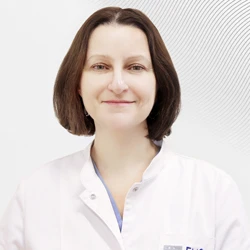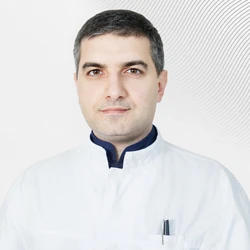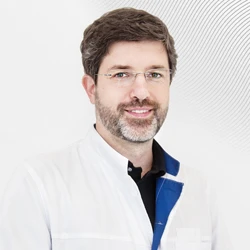In the EMC, choosing a drug for cancer treatment based on a genetic analysis of the tumor has become the norm. All types of molecular genetic tests are performed in the laboratory that can predict the effectiveness of therapy, help the doctor choose the drug necessary for a given patient and, by prescribing "targeted" (targeted) treatment, cure the patient, or, if the disease is already at a late stage, increase his life expectancy.
Cancer is often referred to as a "genome disease", thereby emphasizing that this disease is based on various genetic "breakdowns" of cells. Unfortunately, anyone can get cancer, and the genetic defects in the tumor will vary from person to person. This means that for successful cancer treatment, it is necessary to conduct a genetic analysis of cancer cells, as it is commonly said today, to study the molecular "portrait" of the tumor, since the personification of cancer treatment can significantly increase the effectiveness of the fight against this disease.
At the European Medical Center, choosing a drug for cancer treatment based on a genetic analysis of the tumor has become the norm. All types of molecular genetic tests are performed in the laboratory that can predict the effectiveness of therapy, help the doctor choose the drug necessary for a given patient and, by prescribing "targeted" (targeted) treatment, cure the patient, or, if the disease is already at a late stage, increase his life expectancy.
Targeted treatment differs favorably from chemotherapy in that it practically does not damage healthy cells and tissues of the body, affecting only a given "pathological" gene. This type of treatment is also very convenient because medications can be taken at home, as these medications are often available in tablet form.
For example, for the treatment of breast cancer, it is necessary to know whether sex hormone receptors are present in the tumor (analysis for the expression of estrogen and progesterone receptors). If the receptors are detected, the patient needs hormone therapy. In addition, a special HER2 receptor is detected in the tumor, which makes breast cancer sensitive to the drug herceptin, and such patients must necessarily be treated with this medication.
For the treatment of lung cancer, it is necessary to examine the tumor in our laboratory for EGFR, ALK receptors. These are small molecules that deliver intracellular signals that cause tumor cells to divide and grow rapidly. To block these receptors, we can use a whole arsenal of new drugs – afatinib, cetuximab, erlotinib, crizotinib, pemetrexed.
For the successful treatment of other types of tumors, such as intestinal cancer, head and neck tumors, stomach cancer, and melanoma, pathomorphologists at the EMC Histological Laboratory will also compile a molecular "portrait" of the tumor, which will help clinicians choose the only correct type of treatment for this patient.
Thus, the EMC implements an individual approach to treatment, which increases its effectiveness. The molecular portrait of a tumor in each patient is its own unique set of genes and their mutations.
Was this information helpful?
Questions and answers
Tumor in the breast
I’ve had a tumor in the lower part of my right breast and a metastasis in the left lymph node removed in 2011. I then had a recurrence in the upper quadrant of the right breast. But the doctors didn’t immediately react to this, even though I told them that I was experiencing some discomfort. After this I had biopsies
under ultrasound guidance at several medical centers, but I keep getting a completely different diagnosis everywhere I go. I still haven’t received any treatment. Test results are good. The metastasis is not growing but just sitting there. They’ve suggested a mastectomy. What’s the point? I don’t want to undergo chemotherapy. I’m on a raw food diet. I don't know what to do. I wish at least one of the diagnoses was confirmed. I want to be sure that I’m getting the right treatment. Because it’s the doctors that have brought me to this situation, even though I’ve had regular screenings for the past 25 years.
...more Before answering any questions regarding treatment, it is necessary to carry out a successful biopsy under ultrasound or X-ray guidance, to obtain multiple tissue samples (not cells) with subsequent histological and immunohistochemical analysis. Only then can we discuss a specific treatment plan! In any case, EMC
staff are always ready to provide advice and carry out the necessary diagnostic tests.
Best regards, Irina Vassilieva — M.D, radiologist, Head of EMC Breast Clinic
...more 




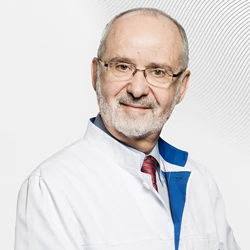

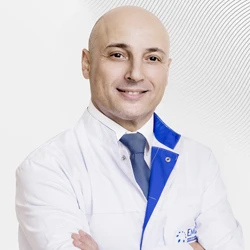

.webp)
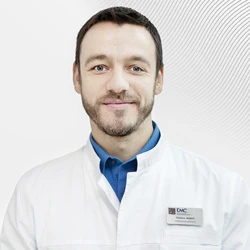
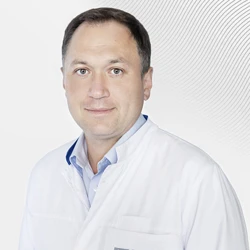
.webp)


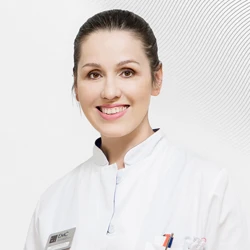
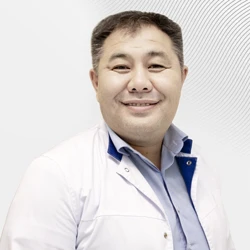
.webp)

.webp)

